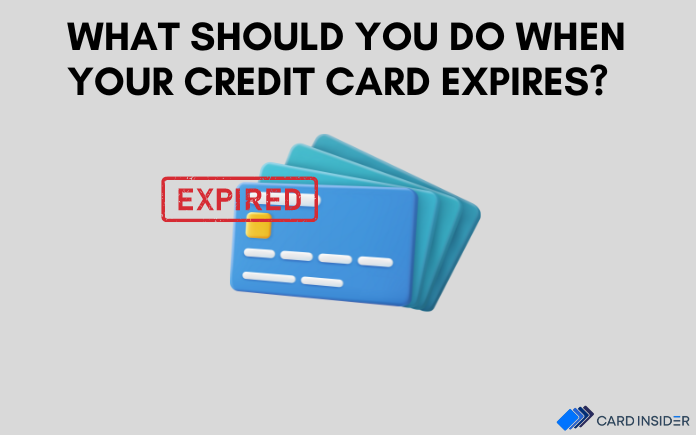Credit Card Myths Debunked: What You Need to Know
Credit cards have become an important part of our financial lives, but they are frequently associated with myths and stereotypes. Misconceptions can cause doubt and even poor financial decisions. We will debunk some popular credit card myths in this article and give you with correct facts to help you make informed decisions. Whether you’re seeking the best credit card or trying to understand the right way to use them.

Myth 1: Owning multiple credit cards can negatively impact your credit score
One common misconception is that having many
credit cards always lowers your credit
score. The truth is that the number of credit cards you own has little
impact on your credit score. What is more important is how you manage those
cards. Your payment history, credit utilization, and overall creditworthiness
all have a greater impact on your credit score. Using numerous credit cards
responsibly might help you establish a healthier credit profile.
Myth 2: Carrying a balance helps improve your credit score
Some people believe that carrying a credit
card balance and making limited payments can improve their credit score.
However, this is not the case. Carrying a balance simply results in interest
charges, which can add up and cost you more money over time. It is best to pay your
credit card amount in full and on time each month to boost your credit score.
This shows appropriate credit management and can assist improve your
creditworthiness.
Myth 3: Closing a credit card will immediately improve your credit score
Closing a credit card may appear to be a
sensible strategy for enhancing your credit score, but it may not always be the
optimal choice. When you close a credit card account, it reduces your total
available credit, potentially resulting in an increased credit utilization
ratio. This ratio, which compares your credit card balances to your credit
limits, significantly influences your credit score. If your utilization ratio
is low across your cards, it is generally advisable to retain the account open
to sustain a favorable credit utilization ratio.
Myth 4: You should avoid credit cards altogether
Some people think credit cards are harmful by
nature and shouldn't be used. However, credit cards can provide several
advantages when used carefully. They offer an easy way to make purchases, fraud
protection, and even have the potential to help you establish a good credit
history. Focus on using credit cards responsibly rather than completely
avoiding them. Pay your bills on time, keep your balances low, and take
advantage of any points or benefits that your credit cards may be offering.
Myth 5: Applying for a credit card will always hurt your credit score
Your credit score may temporarily drop
somewhat after applying for a new credit card, but this is not a significant or
long-lasting effect. The issuer of the credit card will often do a hard inquiry
on your credit report when you apply for one. This question usually deducts a
few points from your final grade. Any negative effects will eventually decrease
if you appropriately manage the new card by making on-time payments and
maintaining low balances.
Myth 6: You need to carry a balance to build credit
According to popular opinion, you do not need
a credit card balance to establish credit. By paying off the entire balance on
your credit card each month, you can establish a solid credit history.
Establishing a positive credit profile is mostly dependent on timely payments
and responsible credit usage. Utilize your credit card as a tool for rewards
and convenience while learning good money management skills.
Read More: The Importance of Understanding Your Credit Card's Terms and Conditions for Rewards
Conclusion
Making wise financial decisions involves
identifying credit card myths from the truth. When used wisely, having several
credit cards can be beneficial, but canceling credit card accounts and carrying
a balance won't always raise your credit score. You can use credit cards to
your advantage and establish a solid financial foundation by knowing reality.



Comments
Post a Comment